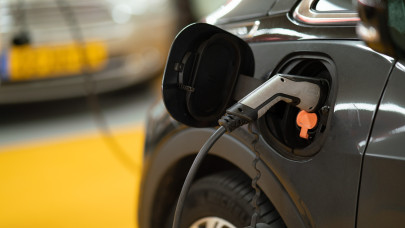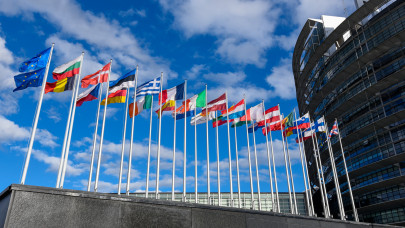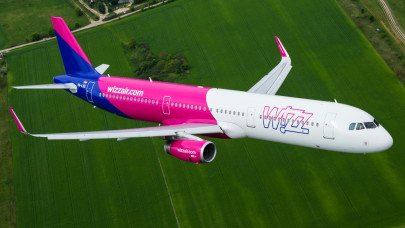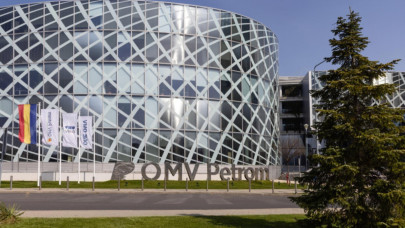The European Investment Bank (EIB) has released the findings of the 2022 Municipality Survey. Covering 744 municipalities across the European Union, this comprehensive survey provides unique insights into past and planned investments, as well as the challenges municipalities face in their digital and green transitions, and the progress they have made in these domains.
Since municipalities account for almost half of public investment in the European Union, these findings are of the utmost importance, EIB mentioned.
“Municipal investments are key to providing consistent support for people and businesses. Given the significant proportion of public investments made by municipalities, it's imperative that they are equipped with the necessary resources, expert knowledge, and strong cooperative networks for effective implementation. As the world evolves swiftly, municipalities' roles in the green and digital transitions become ever more critical. To nurture sustainable practices across areas like urban planning, energy efficiency, waste management, and transport, an enhancement of expertise throughout Europe is a necessity. Our EIB Municipality Survey provides insights into the adaptation strategies of municipalities and underlines the significant needs that must be addressed moving forward”, says EIB Vice-President Ricardo Mourinho Felix.
Key findings from the 2022 Municipality Survey:
Investment gaps and challenges: A lack of funding, and uncertain and lengthy regulatory processes, continue to deter municipalities from planning crucial investments. Moreover, when it comes to implementation, a shortage of skilled labor and supply chain bottlenecks are significant constraints.
Skills shortage: The survey highlights the critical importance of providing necessary training to the current and future labor force. Municipalities report difficulties in securing experts with environmental and climate skills, as well as technical and engineering expertise. Addressing these challenges is essential for the successful execution of investment plans.
Focus on green and digital transitions: Climate change mitigation, adaptation, and digital infrastructure play a central role in municipalities' investment plans for the next three years. However, more than 60% of municipalities express dissatisfaction with their past investments in climate mitigation and adaptation, while 40% report dissatisfaction with their investments in digital infrastructure.
Regional disparity: European municipalities have come further with the digital transformation than they have with the green transition. While higher-income regions show a higher proportion of municipalities actively investing in both transitions, less-developed regions face challenges in making similar progress.
“As the EIB Municipality Survey reveals, municipalities across Europe face significant investment gaps, particularly in climate change mitigation and adaptation infrastructure. It is crucial for policymakers and stakeholders to address these gaps and prioritize sustainable and resilient investments for a greener and more digital future. The persistent lack of skills, including at the municipality level, must be addressed across Europe to enable the adequate implementation of regional and pan-European investment programs,” said EIB Chief Economist Debora Revoltella.
Today the EIB also released a new report analyzing the EIB Group's operations in Europe's cohesion regions in 2022. The report focuses on the EIB Group's contribution to innovation to promote an inclusive green and digital transition, together with its macroeconomic impact. In 2022, the EIB Group provided €28.4 billion to projects in cohesion regions. Support for innovation represented 25% of total EIB lending in 2022, €4.6 billion (34%) of which was in cohesion regions. Green investments are on the rise: like in 2021, the share of EIB-financed green investments was higher in cohesion lending than in total EU lending. This is in line with the EIB's cohesion orientation, which committed to a significant increase in the share of climate action and environmental lending across the transition and less developed regions.
“As regional cohesion suffers from geopolitical uncertainty, the arrival of refugees, and energy shock, cities and regions still need to transform to meet the European Union's climate goals and bridge the digital divide. Innovation is vital to addressing these challenges. The EIB Group provides a wide range of financial and advisory tools in support of these policy objectives which have shown tangible impact”, says EIB Vice-President Lilyana Pavlova.
The European Investment Bank (EIB) is the long-term lending institution of the European Union owned by its Member States.














